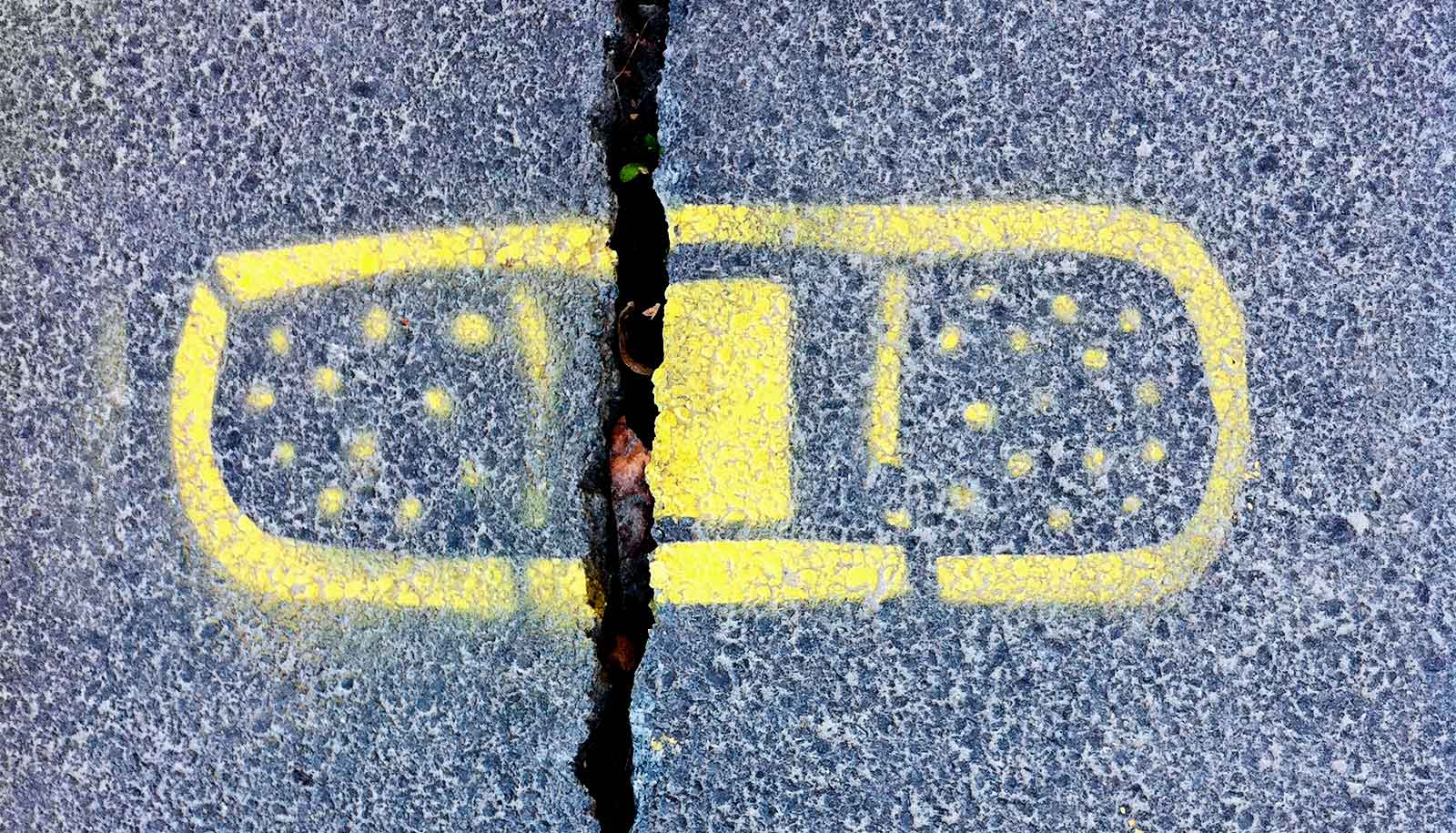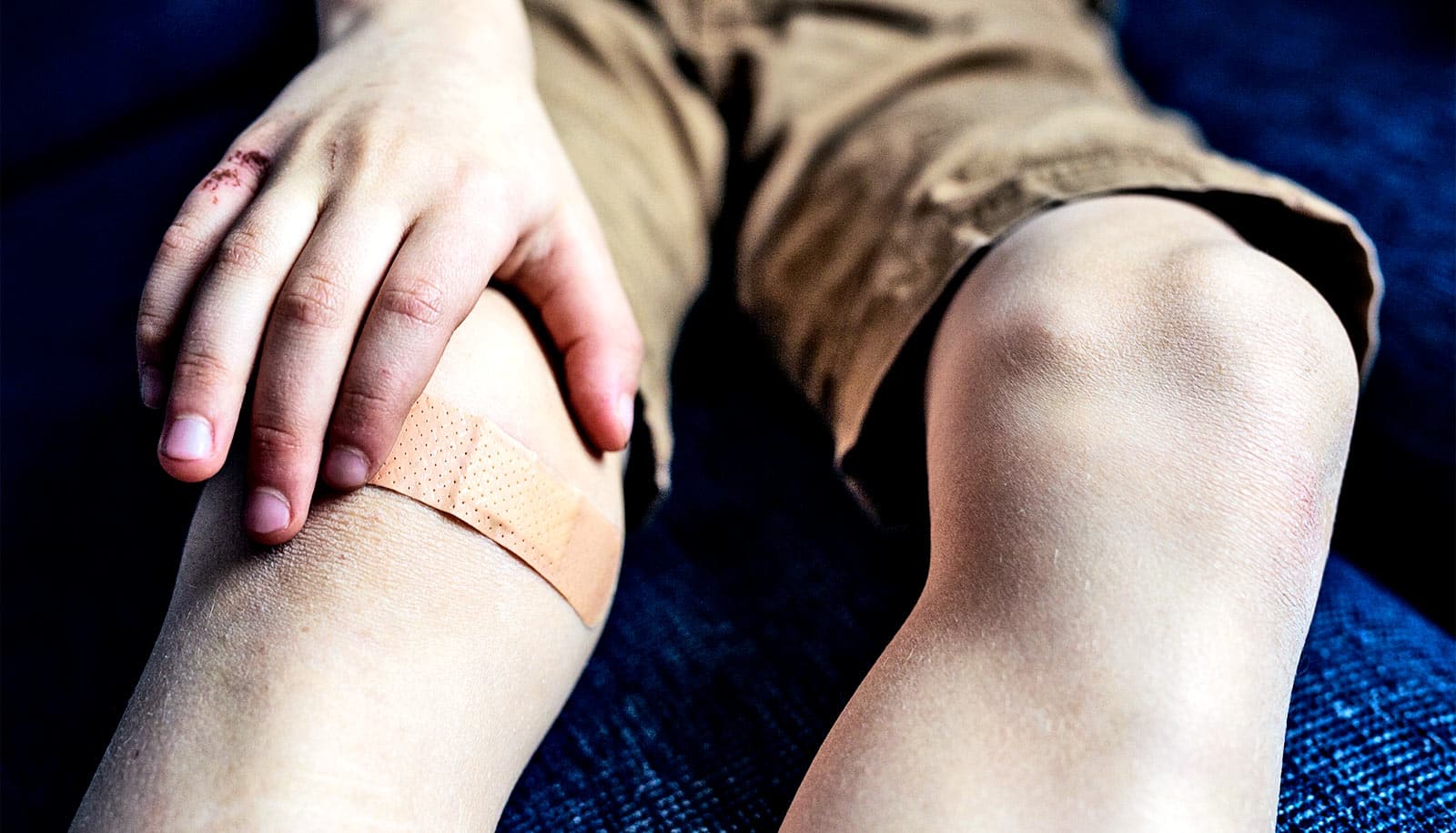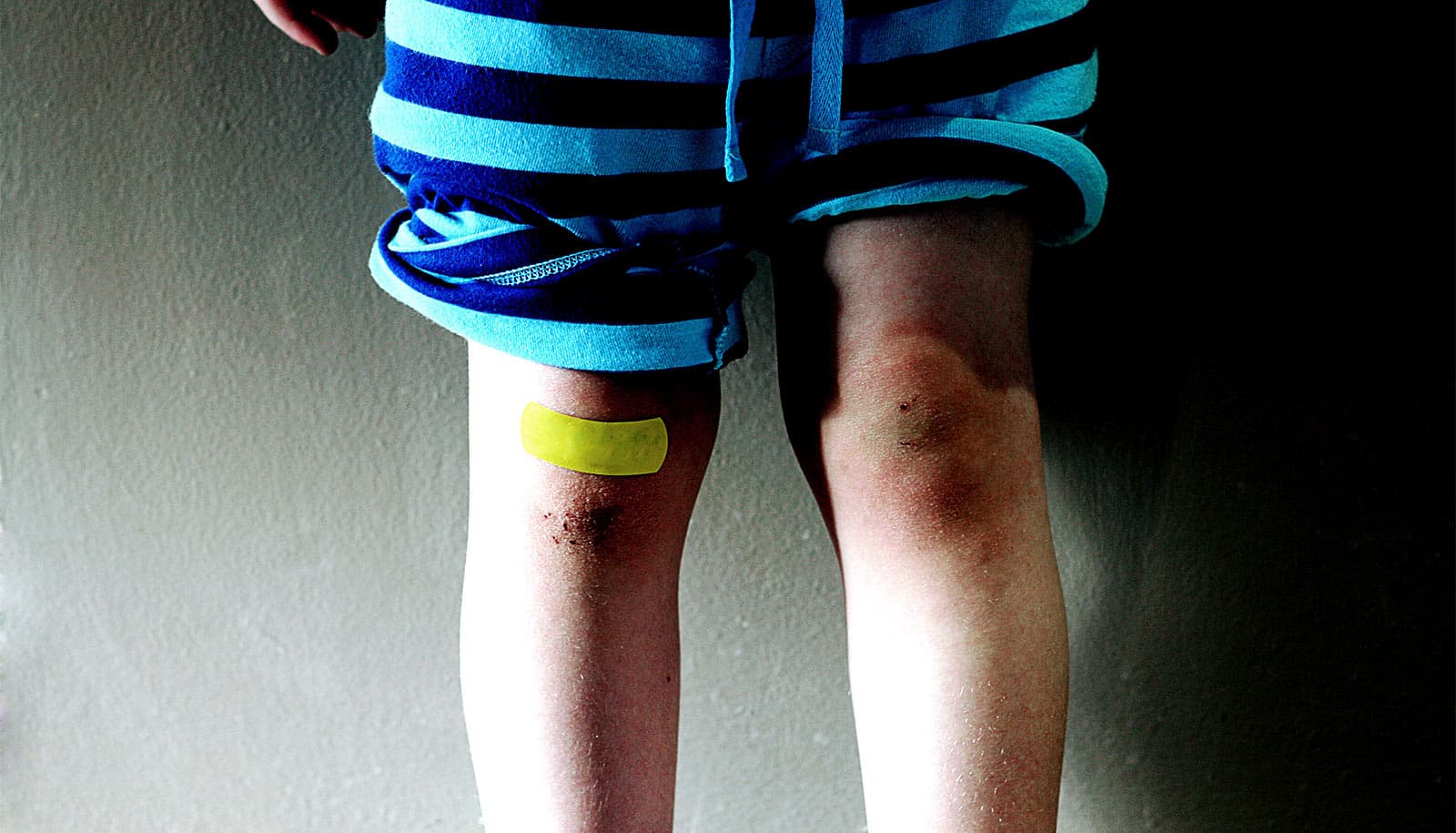Over-the-counter antibiotics may actually slow, rather than enhance, the healing process for cuts, scrapes, and other minor skin lacerations, according to a new study.
When you get a cut or scrape, doctors recommend that you take measures to ensure that the wound doesn’t get infected and heals properly. Many people opt to use over-the-counter medications, such as topical antibiotic ointments and liquids, to aid the repair process—and as commonly believed, promote healthy skin healing.
Aiming to put this theory to the test, researchers recently examined whether or not skin regeneration is affected when topical ointments are introduced to a wound site.
In the study in the journal Cell Host & Microbe, researchers suggest that such over-the-counter medications may not be the healers we believe them to be.
The natural environmental factors that enhance skin regeneration are largely unknown. Although our immune systems and the nonpathogenic microorganisms living within our bodies play critical roles in repairing and regenerating our skin’s structure, the precise interaction between the two has been unclear.
In a small trial following six adults over a 10-month period, researchers wanted to see if bacteria made a difference in wound healing. The participants either applied or didn’t apply a topical broad-spectrum antibiotic following every skin wound they received.
To the surprise of the researchers, the majority of the antibiotic users experienced slower healing. Furthermore, in a concurrent study in mice, the antibiotics prevented the regeneration of hair follicles after wounding.
“We tested many conditions where there were fewer or more bacteria present during wound healing, for example after antibiotic use.
“We found that generally speaking, normal levels of bacteria—and even bacterial infections that the body could fight off—would actually improve healing,” says senior author Luis Garza, associate professor of dermatology at the Johns Hopkins University School of Medicine.
“If further research confirms the finding of this study—that common over-the-counter antibiotic treatments are slowing the healing process—then perhaps people may need to reconsider their use of these products,” he says.
Source: Johns Hopkins University



